I was nine years old when I played my first video game on the Super Nintendo game console. While sitting on the living room floor at my cousin’s house, I found myself jumping down lime green pipes and collecting gold coins throughout Super Mario Brothers. Hearing the ting audio effect as I grabbed coins and eventually reaching the flag to level-up brought tremendous satisfaction to my self-confidence. The familiar 8-bit audio theme music is one I still hum today. Video games and retro arcade games are a favorite pastime of mine. Nowadays, I race luxury cars through the European countryside and other exotic locations in Forza Horizon 2 which is an exclusive video game title for my Microsoft Xbox One game console. When I’m not home, my iPad serves as my mobile gaming device where I play a multitude of app-based games such as Words With Friends, Monopoly or Bronto Blast a game developed by Nevada City, California game studio B Flat Games. Today’s video games are enjoyed by players of all ages and backgrounds. Because of this diversity, it is important to showcase the effect United States public policy has on censoring the content of this entertainment medium.






